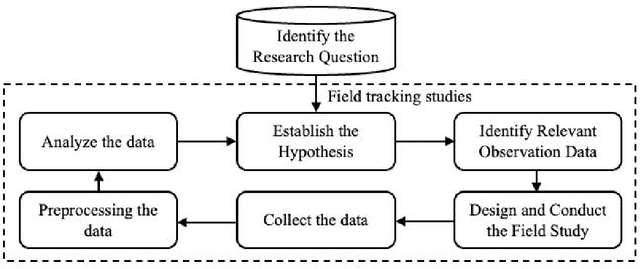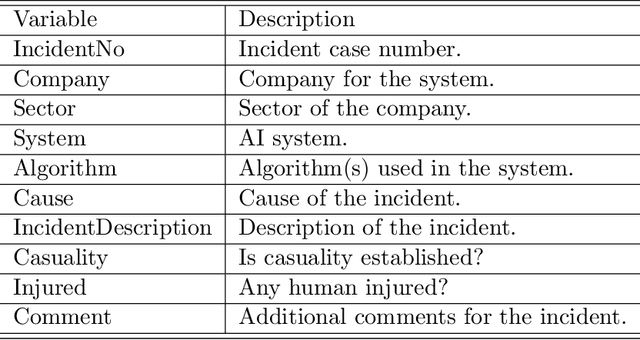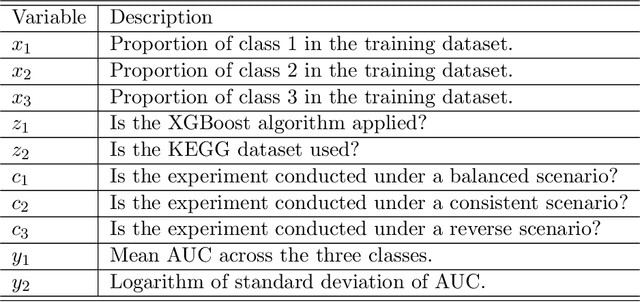Caleb B. King
Bridging the Data Gap in AI Reliability Research and Establishing DR-AIR, a Comprehensive Data Repository for AI Reliability
Feb 17, 2025



Abstract:Artificial intelligence (AI) technology and systems have been advancing rapidly. However, ensuring the reliability of these systems is crucial for fostering public confidence in their use. This necessitates the modeling and analysis of reliability data specific to AI systems. A major challenge in AI reliability research, particularly for those in academia, is the lack of readily available AI reliability data. To address this gap, this paper focuses on conducting a comprehensive review of available AI reliability data and establishing DR-AIR: a data repository for AI reliability. Specifically, we introduce key measurements and data types for assessing AI reliability, along with the methodologies used to collect these data. We also provide a detailed description of the currently available datasets with illustrative examples. Furthermore, we outline the setup of the DR-AIR repository and demonstrate its practical applications. This repository provides easy access to datasets specifically curated for AI reliability research. We believe these efforts will significantly benefit the AI research community by facilitating access to valuable reliability data and promoting collaboration across various academic domains within AI. We conclude our paper with a call to action, encouraging the research community to contribute and share AI reliability data to further advance this critical field of study.
Reliability Analysis of Artificial Intelligence Systems Using Recurrent Events Data from Autonomous Vehicles
Feb 02, 2021



Abstract:Artificial intelligence (AI) systems have become increasingly common and the trend will continue. Examples of AI systems include autonomous vehicles (AV), computer vision, natural language processing, and AI medical experts. To allow for safe and effective deployment of AI systems, the reliability of such systems needs to be assessed. Traditionally, reliability assessment is based on reliability test data and the subsequent statistical modeling and analysis. The availability of reliability data for AI systems, however, is limited because such data are typically sensitive and proprietary. The California Department of Motor Vehicles (DMV) oversees and regulates an AV testing program, in which many AV manufacturers are conducting AV road tests. Manufacturers participating in the program are required to report recurrent disengagement events to California DMV. This information is being made available to the public. In this paper, we use recurrent disengagement events as a representation of the reliability of the AI system in AV, and propose a statistical framework for modeling and analyzing the recurrent events data from AV driving tests. We use traditional parametric models in software reliability and propose a new nonparametric model based on monotonic splines to describe the event process. We develop inference procedures for selecting the best models, quantifying uncertainty, and testing heterogeneity in the event process. We then analyze the recurrent events data from four AV manufacturers, and make inferences on the reliability of the AI systems in AV. We also describe how the proposed analysis can be applied to assess the reliability of other AI systems.
 Add to Chrome
Add to Chrome Add to Firefox
Add to Firefox Add to Edge
Add to Edge